In recent days, some major chemical production facilities in Japan have come out of the shadow of the March 11 earthquake and tsunami and resumed production. In addition, Japan's expansion plan for the expansion of enterprises is also intensively introduced, and is mainly aimed at the Asia Pacific region.
Mitsubishi Gas Chemicals (MGC) has reopened a set of bismaleimide triazine resin (BT resin) production facilities in Nishi Shirakawa, Fukushima, Japan. The earthquake in Japan resulted in the shortage of some basic electronic materials including BT resin. Manufacturers of electronic components are increasingly concerned about the shortage of BT resin, which accounts for about 90% of the world's BT resin production, while MGC accounts for 50%.
Mitsubishi Chemical Corporation reopened the No. 2 naphtha cracker in Kashima on May 20, and announced that it will postpone the shutdown repair date of the device from the originally planned June 30 to the end of August. In addition, Mitsubishi Chemical’s No. 1 cracker installed in Kashima has been shut down since the devastating earthquake. Currently, the unit is undergoing overhaul and it is expected to resume production before June 27. The total ethylene production capacity of these two crackers is 830,000 tons/year, accounting for more than 10% of total ethylene production capacity in Japan.
Ubeda’s management in Japan stated in mid-May that the company is actively expanding its Asian operations through expansion, mainly in Thailand, China and India. Ube Thailand's caprolactam and synthetic rubber expansion projects will accelerate, and may cooperate with Thai energy giant PTT. Ube has set up a 1,6-hexanediol plant in Thailand and is expected to complete a 20,000-ton/year capacity expansion project this year, and increase the capacity of nylon 6 plant by 5,000 tons/year through a bottleneck transformation. Ubeda also said that it will consider the establishment of other downstream derivative production facilities in Thailand, such as polycarbonate diols and polyurethane dispersions, and it is expected that an annual production capacity of 3,000 tons of polycarbonate diol project will be implemented in mid-2012. In addition, Ube is also looking for a partner in China and will use its proprietary technology to achieve localization of production. In India, Ubeda has planned to build a chemical production plant in New Delhi early next year and carry out business activities.
Mitsui Chemicals Japan is taking steps to increase the global competitiveness of the PTA business and expand capacity for local and overseas production plants. In Indonesia, the joint venture Amoco Mitsui PTA Indonesia's 30,000-tonne/year equipment debottlenecking reconstruction project is expected to be completed this fall, and the capacity will reach 500,000 tons/year. The plant's products are mainly used to meet the growing demand for polyester fiber and PET resin for PET bottles in Indonesia. In addition, Indonesia's supply shortage is imported from Mitsui's Thai production base. In Thailand, a new anaerobic water treatment system installed by Siam Mitsui PTA will be completed in June 2012, which will significantly increase production cost competitiveness. According to the company's plan, the Thai production plant will be the main export base, of which 50% of the products will be used for export, supplying Vietnam, the Middle East and other regions. In addition, Mitsui Chemicals is also working with its partner, Idemitsu Kosan, to study the feasibility of building a large-scale refinery- petrochemical project in Vietnam and to consider the use of paraxylene produced by a petrochemical plant as a raw material to produce PTA in Vietnam.
Asahi Glass recently announced that it will invest 5 billion yen (approximately US$61.5 million) to expand its chlor-alkali complex capacity in Indonesia. The consortium is Asahimas Chemical Company, a joint venture between Asahi Glass (holding 52.5% stake), Mitsubishi (11.5%), Indonesia's Rodamas (18%) and Indonesia's Ableman Finance (18%). The capacity expansion project plans to increase the caustic soda production capacity by 30% to 500,000 tons/year and is expected to be completed in the first quarter of 2013.
Sumitomo Chemical said it will build a new 10,000-ton/year polypropylene (PP) compounding device in Dalian, Liaoning Province to further strengthen its PP business in China. The new company is a joint venture of Sumitomo Chemical and Sumitomo's subsidiary, Zhuhai Sumpul Composite Plastics, and the ratio of the two parties is 50:50. Sumitomo said that the establishment of a new PP compounding plant in Dalian, China is to further meet the needs of the Chinese market, especially the rapid growth of demand in northern China. The location of Dalian is mainly due to its excellent logistics base as an international trading port. In addition, some major auto manufacturers have already established production plants in Dalian.
Rendering Equipment
CONNECT have the best way to get money from waste for beef, sheep, hogs and poultry meat, the further processing is becoming more important especially the use of biproducts. For animals ,poultry farms and slaughterhouses, large amount of dead animals and wastes are lost, or burn it with fire, so not profit just waste, with our rendering equipment we change wast to money also no environmental pollution. CONNECT rendering equipment latest technology , turn these waste into profit, the all our machines environmental friendly system, odourless toair. bone mill, blood meal, viscera or meat meal , feather meal can be added to feed as the protein meal. , fat, ash, and digestible protein and, can be directly add to feed meal
Connect rendering Industries is a high technology process, providing best solutions for the benefit of the environment. We can supply complete systems and equipment for the processing of animal by-products, waste, sewage sludge waste and by-products from food and beverage production
Connect rendering machinery and equipment offers the protein recycling industry of rendering systems
also can recycle red meat, poultry and fish by-products into profitable meals and fats
with big range of process applications, including systems y for oil seed extraction, process drying, food waste, paper dewatering, distiller`s dried grain reclamation
CONNECT protein rendering plant manufacture is the solution for waste animal slaughterhouse, poultry slaughterhouse, animal and chicken farms` wastes. connect equipment including the raw material collecting, cooking, drying, oil pressing, cooling, packing and odor processing. The capacity start from 1Ton/Batch rendering capacity to each day 150 Ton wastes. Our successful stories projects is in more than 25 countries in the world, in latin America,middle east,,Africa,,north America , Russian and asia countries.
Connect have variety of designs for clients to meet the requirement of different production ,investment, t. Our products is accepted by many clients by its high standard quality and competitive price.come to check and decide, connect with us if you want to earn money from waste
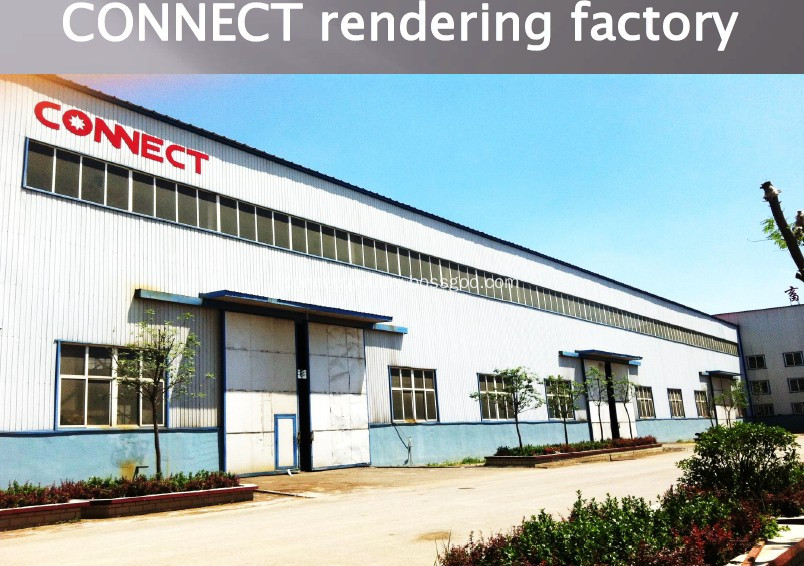
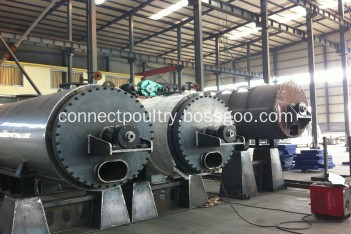
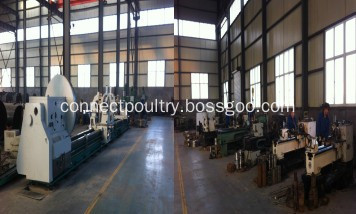
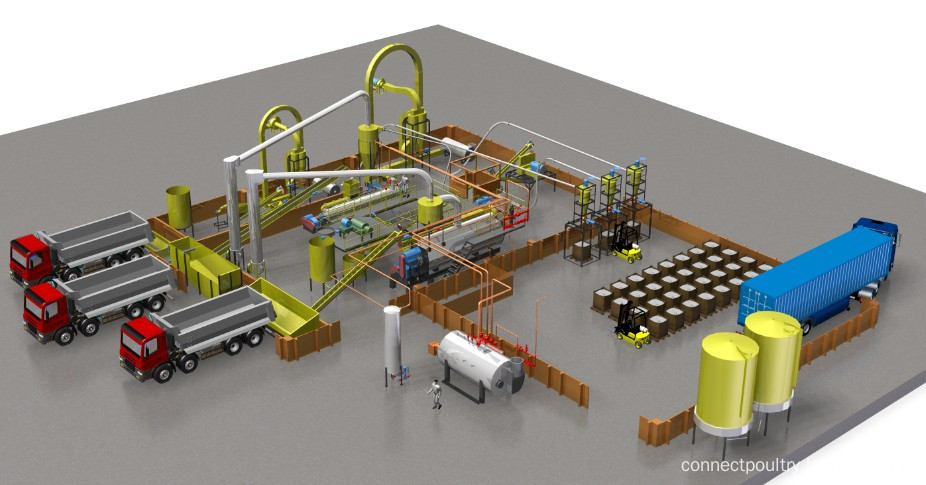
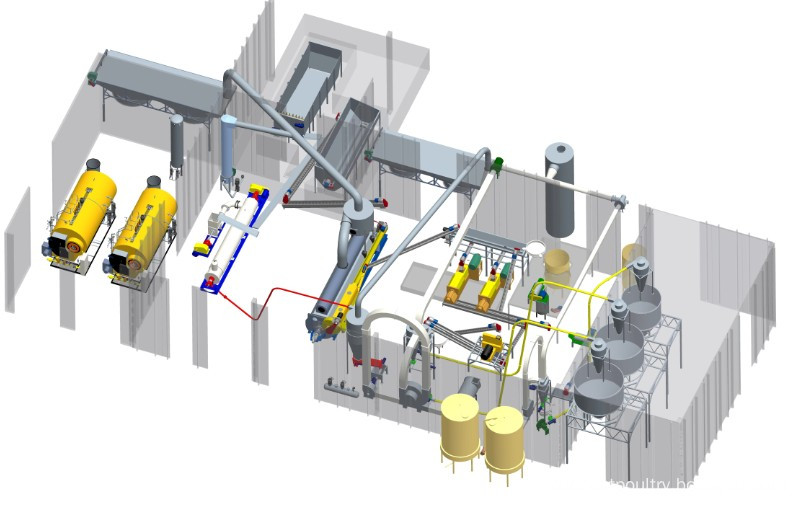
Rendering Equipment, Animal Rendering Plant, Poultry Rendering Plants, Chicken Rendering Plant,Rendering Plant
Connect Group For Poultry Project , https://www.connectpoultry.com